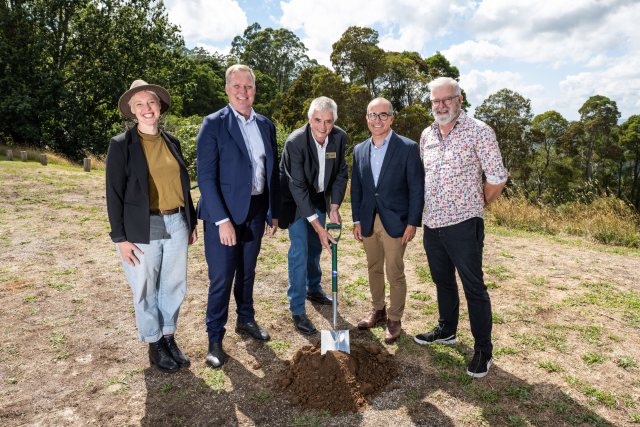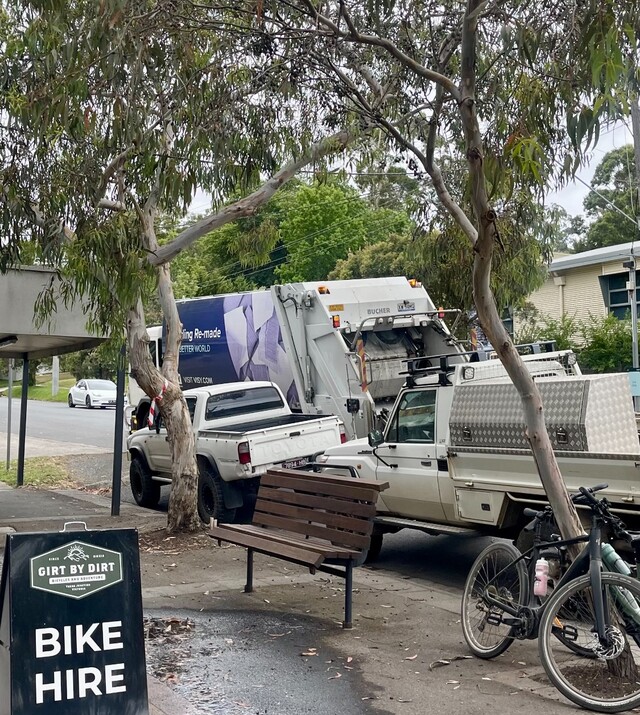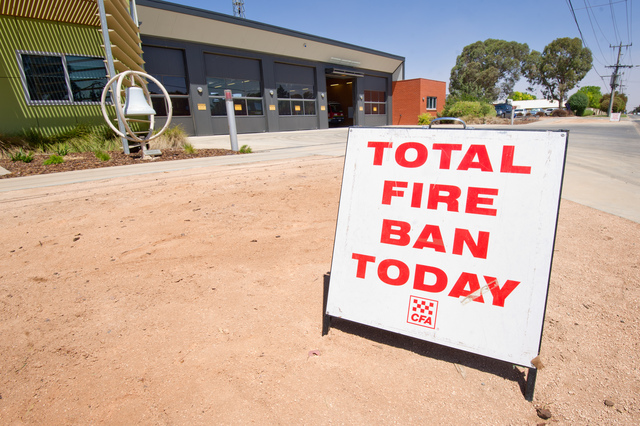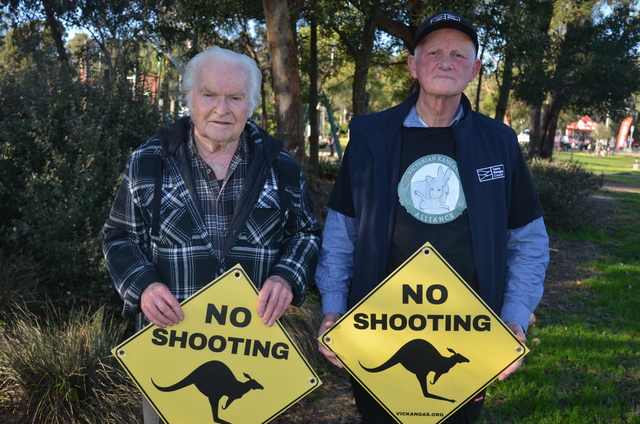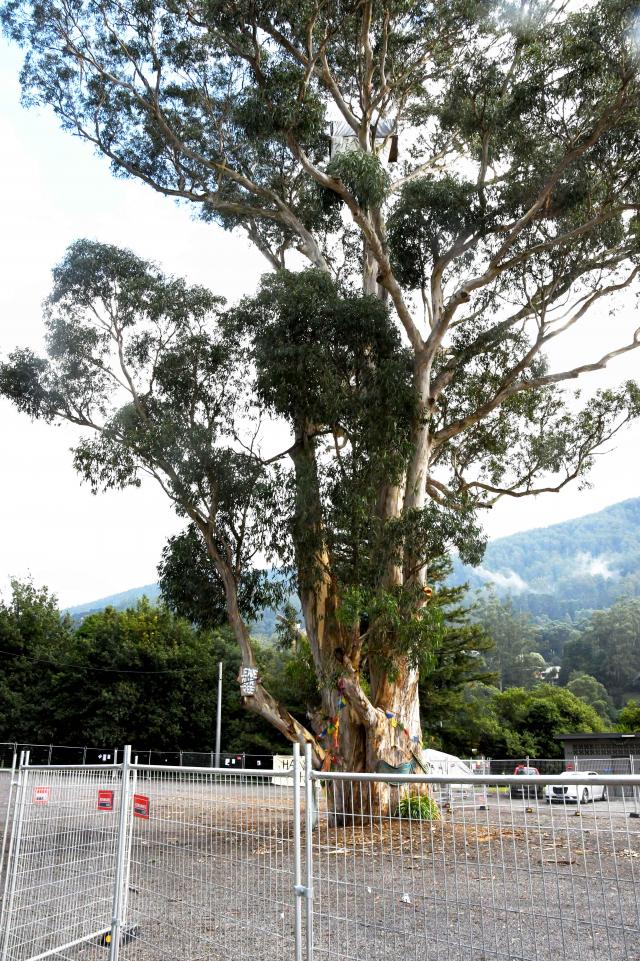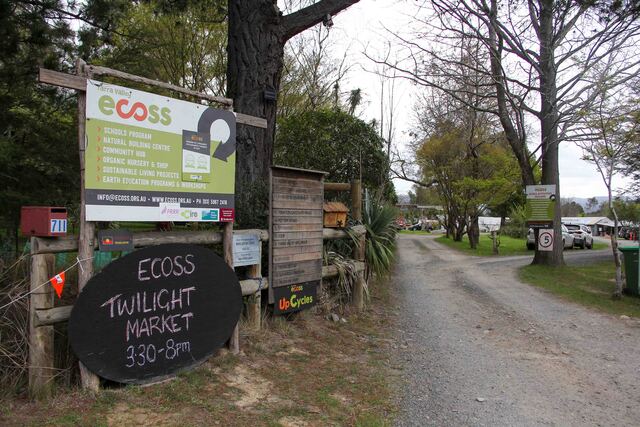THE Municipal Association of Victoria says the government’s release of proposed new residential planning zones will offer more certainty about how and where development should occur.
Planning Minister Matthew Guy announced the final details last Tuesday, 5 March, after more than 2,000 submissions from individuals, businesses, councils and community groups were assessed.
The Coalition Government will establish three reformed residential zones on 1 July this year, a move the MAV believes will reduce the “backyard battles” on overdevelopment.
Yarra Ranges Council is in discussions with the state planning department over changes to the planning regulations.
MAV President Cr Bill McArthur said for years councils had sought a greater ability to tailor planning controls to give effect to local planning policy.
“It is pleasing the Minister has incorporated many of the suggested changes from the Ministerial Advisory Committee, councils and the MAV into the revised residential zones,” he said.
“These are good outcomes for communities and send clear signals to the development industry to help reduce common planning conflicts.”
Mr Guy said the reforms to residential zones reflected what communities had been calling for, often for years.
“It’s about certainty for neighbourhoods and protection from inappropriate development,” he said.
“Our streetscapes, our amenity and our liveability are too valuable to ignore.
“At the same time the new zones will clearly define the appropriate locations where growth and density should occur.”
A new general residential zone will allow modest housing growth while respecting urban amenity with a mix of single dwellings, units and townhouses, a new neighbourhood residential zone will restrict the amount of housing growth with single dwellings and dual occupancy allowed, and a new residential growth zone will encourage new medium density housing growth including townhouses and apartments.
But Cr McArthur said it was now important to establish a streamed implementation approach to the new zones that reduced the time, cost and confusion for councils and communities.
“It is disappointing that a Standing Advisory Committee role was not accepted by the government as we believe it could assist councils wishing to undertake direct zone translations,” he said.
“However, the MAV looks forward to working with our members and the government over the coming months to test and finalise the new zone provisions and to facilitate their timely implementation,” he said.
The Coalition Government will work with local councils between March and May to further develop the implementation procedures and criteria. Implementation of the residential zones will commence on 1 July 2013 and will be completed over a 12-month period.
Backing for zones
Digital Editions
-

Dark Times
Cartoonist Danny Zemp reflects on all the negativity in the world. Sometimes, you just need a hug.

